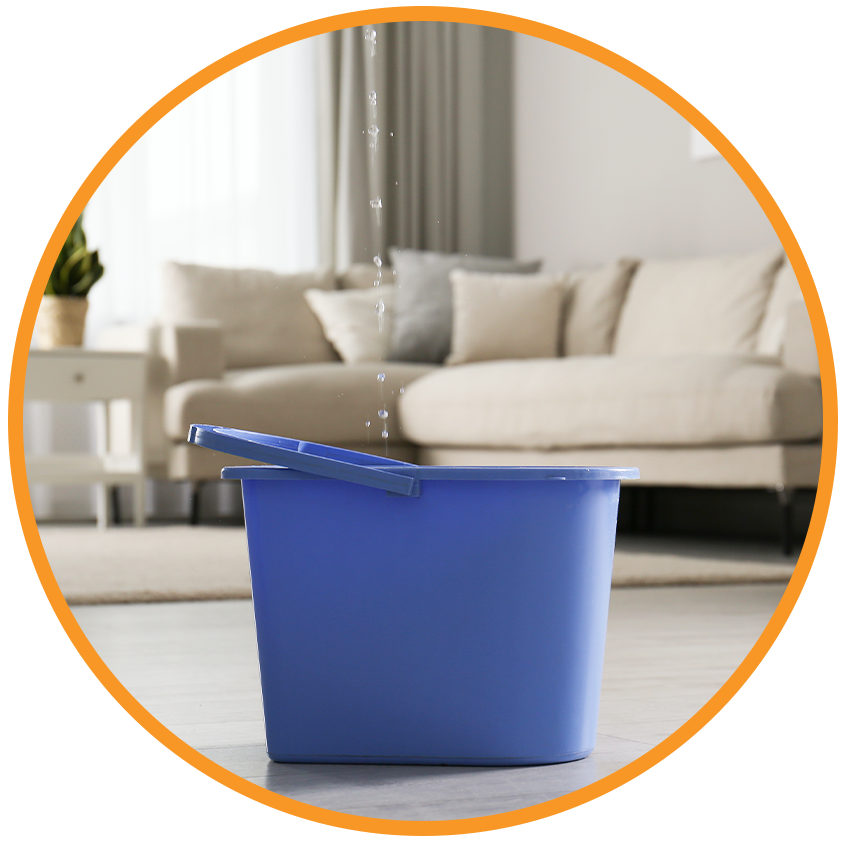
Water damage is one of the most dreaded issues homeowners and property managers face. It strikes with little warning and can wreak havoc in a matter of hours, causing structural damage, mold growth, and potential health hazards. While water sustains life, it can also destroy properties if not properly managed. But what exactly leads to water damage, and how can we prevent it? In this in-depth exploration, we’ll unravel the common causes of water damage and provide actionable insights to keep your property safe. Explore practical solutions by visiting
today.
Understanding Water Damage
Water damage refers to the destruction caused when excess water enters a structure or space, saturating materials and creating an environment where mold, rot, and other hazards can thrive. The key culprits behind water damage often involve plumbing failures, natural disasters, and neglect. Let’s delve into the major causes.
1. Plumbing Failures – The Hidden Menace
One of the most common and insidious causes of water damage is plumbing failure. Even a small leak can evolve into a significant problem if left undetected.
Worn-Out Pipes and Fixtures
Over time, pipes and fixtures wear down due to age, temperature changes, and mineral deposits. This wear and tear can lead to slow drips that damage walls, ceilings, and flooring. Learn how to safeguard your property through
.
Burst Pipes in Cold Weather
During winter, frozen pipes can burst due to expanding ice, releasing large amounts of water into your home. Insulating pipes and keeping the temperature consistent can help prevent this disaster.
Appliance Malfunctions
Water heaters, dishwashers, and washing machines can fail if hoses or connectors break, leading to leaks that might go unnoticed for days. Regular maintenance and replacement of aging appliances are key to prevention.
If you ever face such emergencies, don’t wait. For immediate assistance and expert solutions, click here to contact water damage restoration professionals.
2. Natural Disasters and Weather Events
Mother Nature can unleash her fury through floods, hurricanes, and storms, resulting in severe water damage.
Heavy Rainfall and Flooding
Continuous rain can overwhelm drainage systems, causing water to seep into basements and foundations. Flood-prone areas are especially at risk during monsoon seasons.
Hurricanes and Tropical Storms
Storm surges and high winds associated with hurricanes can push water into homes, damaging walls, roofs, and electrical systems. Elevating essential equipment and reinforcing weak areas can reduce vulnerability.
Snowmelt and Ice Dams
As snow melts, the water can seep through roof gaps and cause damage inside walls. Ice dams formed by freezing and thawing cycles can also create entry points for water.
Be proactive. Secure your property with the best water damage restoration services tailored to your needs by exploring these expert solutions.
3. Poor Drainage and Clogged Gutters
A neglected drainage system is a ticking time bomb for water damage.
Clogged Gutters and Downspouts
Leaves, debris, and dirt can clog gutters, causing water to overflow and pool around the foundation. This leads to basement leaks and structural deterioration.
Improper Grading Around the Property
If the landscape slopes towards the building instead of away from it, water will naturally collect near the foundation and seep into the structure.
Faulty Sump Pumps
Sump pumps are the last line of defense against basement flooding. A malfunction or power failure can render them useless, resulting in a waterlogged basement.
For peace of mind and robust protection, explore comprehensive restoration solutions by visiting this restoration service hub.
4. Roof Leaks and Structural Weaknesses
Your roof is your first shield against water intrusion, but it’s not infallible.
Missing or Damaged Shingles
High winds and storms can rip off shingles, exposing underlayment to water infiltration.
Cracks and Weak Seals
Flashing around chimneys, vents, and skylights can develop cracks over time, becoming entry points for rainwater.
Aging Roof Systems
An old roof is more prone to leaks, so regular inspections and maintenance are crucial for preventing water damage. Get actionable steps to protect your home through
.
Need fast and reliable water damage solutions near Angelus Oaks? Click here for localized help.
5. Human Error and Neglect
While natural forces play a significant role, human actions—or inactions—can contribute to water damage.
Leaving Taps Running
A forgotten running tap or overflowing bathtub can quickly flood a room, especially if drains are blocked.
Ignoring Warning Signs
Signs of water damage—such as stains, odors, or peeling paint—should never be ignored. Early detection and professional help can save thousands in repairs.
Poor Maintenance Practices
Neglecting routine inspections of plumbing, appliances, and the roof can allow small issues to escalate into major disasters.
If you’re looking for expert guidance and restoration services, this trusted resource provides everything you need to safeguard your property.
6. HVAC System Leaks and Failures
Your heating, ventilation, and air conditioning (HVAC) system can also be a hidden source of water damage.
Condensation Drain Line Clogs
When condensation drain lines are blocked, water can back up and leak into walls or ceilings.
Leaking Air Conditioners
Improper installation or maintenance of air conditioners can cause water leaks that damage insulation, walls, and flooring.
Poor Ventilation
Humidity buildup in poorly ventilated areas can contribute to mold growth and water damage. Regular inspections and maintenance are crucial.
Conclusion: Stay Proactive to Prevent Water Damage
Water damage can strike at any moment, but proactive steps can help you avoid costly repairs and preserve your property’s integrity. Regular maintenance, professional inspections, and quick responses to warning signs are your best defenses. Whether it’s a sudden pipe burst or a slow leak from your HVAC system, being prepared is the key to peace of mind.
For more in-depth information on how to protect your property from water damage and explore the full range of restoration solutions, visit the experts at 770 Water Damage & Restoration. Learn more…